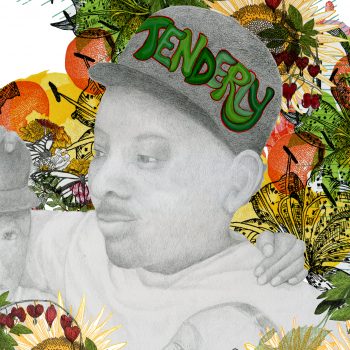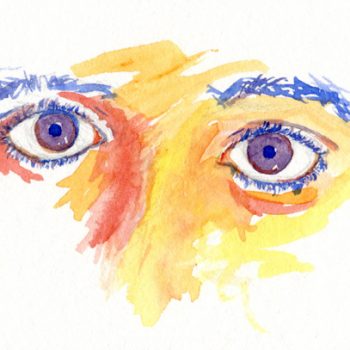EP-002 : Interdependence

TRANSCRIPT: Kim In this episode, we’ll be talking about how interdependence relates to justice. Philipos I will start today’s justice conversation with a question – Is justice served among interdependent, dependent, or independent parties? It is self-evident to not make a dependent person, for example, children, accountable or responsible to certain aspects of the rule of law due to their lack of agency which results from their young age. Independence is based on the idea that you do have agency: in other words, the ability to make your own decisions and take your own actions. So, from this perspective, consequences should be borne because you have that agency. But I question what it means to be independent, and I have difficulty seeing it in reality. When I look at what is happening in ordinary life, I witness interdependence more than independence. Kim What is it that you see in reality that… Continue reading


